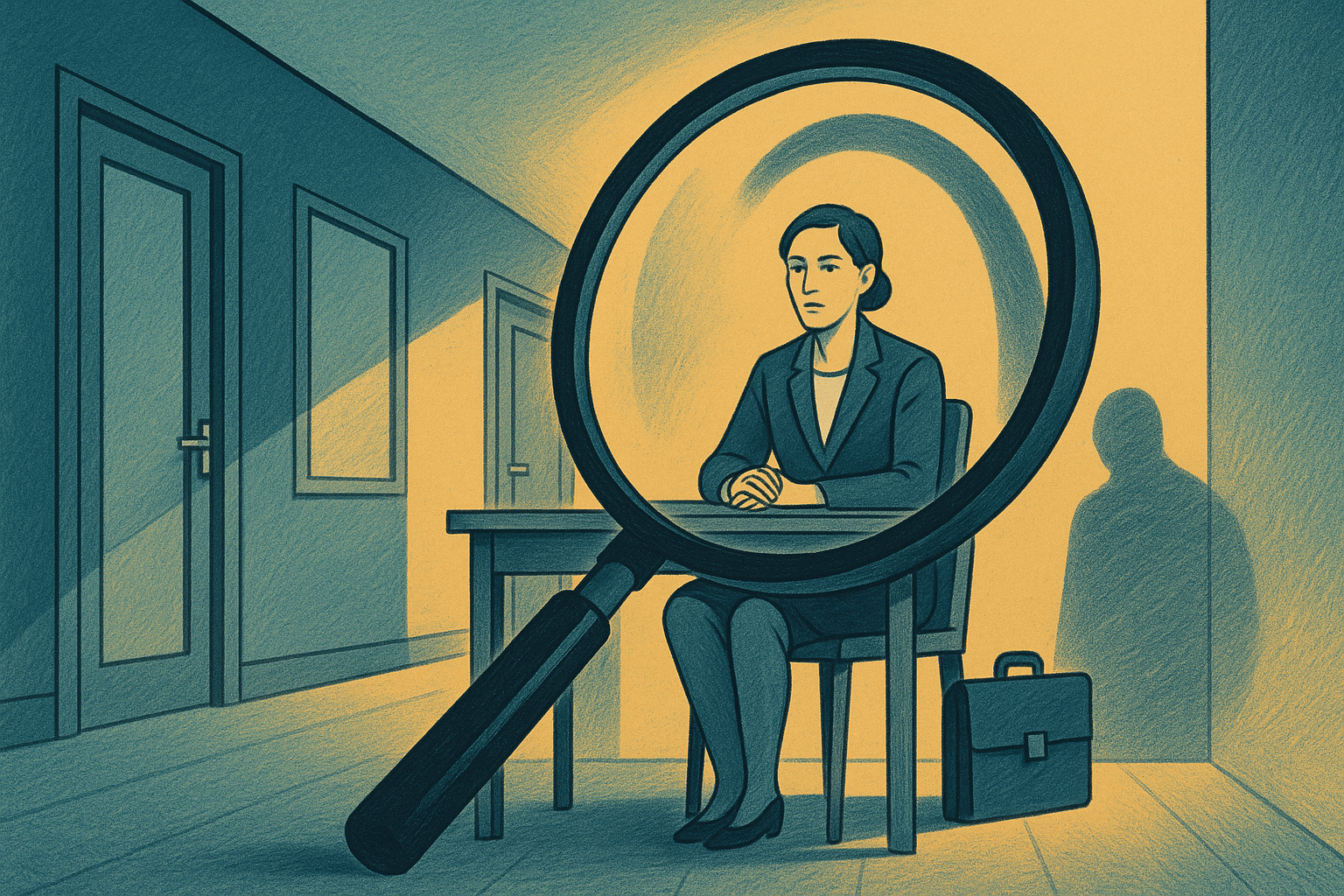The chief executive of JLL’s Australia & New Zealand operations, Dan Kernaghan, has been removed after 20 years at the company, not for personal wrongdoing, but because investigations suggest he failed to act on serious misconduct allegations against senior executives. Reports cite allegations of an 2023 incident at a Melbourne strip club, derogatory messages among senior employees, and a controversial decision by Mr Kernaghan to reinstate another executive credibly accused of misconduct under only a formal warning. In response, JLL has engaged an external law firm to carry out an independent investigation into its Australian business.
This case underlines how leadership accountability is central when culture and reputation are at stake. It’s particularly timely in the UK, where the government has proposed amendments in the Employment Rights Bill that would make non-disclosure agreements (NDAs) void if they attempt to prevent disclosures or allegations of harassment or discrimination. Employers that once relied on NDAs to settle a matter on a commercial, confidential basis, irrespective of the merits of a claim, may be disincentivised from doing so. In this new reality, the impetus on employers to fully investigate where serious allegations of wrongdoing arise becomes more stark.
The appointment of external investigators has moved rapidly in the last decade from the exception to the rule in high-profile matters involving workplace culture or misconduct. The CBI, BBC and ITV are just a few household names to have done so and these inquiries often run alongside media coverage and regulatory scrutiny, underscoring the fact that a credible investigation is now a reputational necessity. For many boards, the question is no longer whether to bring in external investigators, but how quickly and transparently they can act when issues arise.
Key Lessons for employers —
Against this backdrop, there are some practical points employers with a UK footprint should keep front of mind.
Scope and independence matter —
Clear terms of reference are essential. Employers should define what is being investigated, over what time period, who leads, and what happens if new allegations arise. External investigators, especially law firms, barristers or retired judges, are often better placed to deliver impartiality and preserve privilege.
Without clear scope, investigations can sprawl, leading to spiralling costs and inconclusive findings. A tightly scoped investigation also helps protect against later claims that allegations were ignored or minimised.
Handling witnesses before memories fade —
Identify all relevant witnesses, not only the most senior or the most willing. Record interviews accurately and let witnesses review and feedback on the notes following an investigation meeting. Document how you assessed credibility by reference to consistency, corroboration through contemporaneous documents and supporting witnesses.
Failing to speak with staff at all levels, and even external parties where relevant can leave damaging blind spots. Well-documented credibility assessments mean that, if challenged at tribunal or in the press, the employer can point to a clear evidential basis for its conclusions. Judicial commentary in recent years has also stressed that memory evidence remains significant, but is vulnerable to deterioration and suggestion, which underlines the importance of interviewing witnesses early and with care.
A poor probe can be worse than none —
Investigations that are delayed, too narrow, or perceived as biased tend to fuel media, employee and regulatory dissatisfaction. Getting the process right first time is cheaper in reputational and legal risk.
An inadequate first probe often leads to a second, external one, by which time trust has been lost and costs have escalated. Boards should view resourcing investigations properly as an upfront investment in risk management.
The external investigator’s role —
Bringing in an external investigator signals seriousness. It helps with neutrality, ensures independent methodology, and boosts confidence externally from clients, media, and regulators that the process is not internally influenced.
The appointment of a well-respected external lawyer or KC can also help set the tone internally. Employees may be more likely to engage openly when they see the process is being handled independently of internal pressures.
NDA reform on the horizon —
Under current proposals, any clause which attempts to prevent people speaking about harassment or discrimination will be void. The government has said that “excepted agreements” will be permitted, but has not yet confirmed the categories these will cover. The detail is still to come, and much will turn on how the exceptions are defined in the raft of secondary legislation which will be required to flesh out the reforms being enacted in the Employment Rights Bill. Separately, from October 2025, clauses attempting to stop victims of crime from making lawful disclosures will also be unenforceable under the Victims and Prisoners Act 2024.
Employers will need to await the final detail of the NDA “ban” before adjusting templates and trainings for HR and managers. Perhaps more importantly, they will have to adapt to a new environment in which, in many cases, confidentiality can no longer be relied upon as a shield, making robust investigations the primary way to protect both their legal position and reputation.
In 2025, how an employer responds to serious allegations is just as significant as the allegations themselves. With NDA reforms on the horizon and public, regulatory and stakeholder expectations becoming ever more heightened, the decision to engage external investigators, set clear scope, conduct interviews thoroughly and fairly to all parties, and produce credible, defensible findings that stand up to scrutiny is fundamental to meeting today’s business standards. It has become a core part of effectively managing corporate risk. Boards that understand this are better placed to protect both their people and their reputation when crisis hits.

Daniel Stander is an international employment lawyer in the London office at Vedder Price LLP. He is a ‘next generation’ lawyer representing employers of all sizes across the full life cycle of the employment relationship and helping them to navigate workplace issues with less stress.



